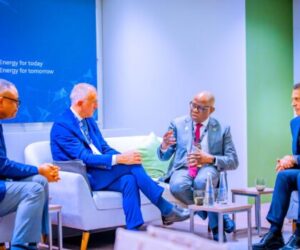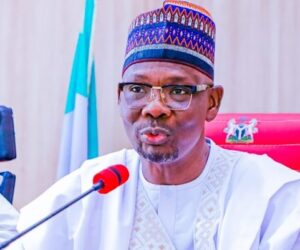

The Managing Director of the International Monetary Fund (IMF) Kristalina Georgieva said at the that the global economy continued to show resilience despite multiple shocks, but remained too weak to meet the needs of many countries.
She spoke at the G20 Leaders’ Summit in Johannesburg, South Africa.
Ms Georgieva said the world had avoided some of the worst-case scenarios expected after the pandemic and recent geopolitical tensions, but growth was still lagging. “The global economy is doing better than we feared, but worse than we need,” she told leaders.
She said that stronger private sector activity and years of institutional reforms had supported global resilience, but warned that stubbornly low growth and exceptionally high public debt were holding many economies back, particularly those of poorer countries.
“Better as it has proven resilient to multiple shocks, to trade tensions, and to elevated uncertainty. This resilience is anchored in two factors: a vibrant private sector and policies and institutions that have been strengthened over the years, including through coordination in this very forum.
But it is still worse than we need: growth is stubbornly low – below pre-COVID levels – and debt is exceptionally high, stifling many countries, especially poorer ones,”she said.
Governments, she said, had to rebuild confidence through credible and predictable policies, restore fiscal buffers, and address domestic imbalances to help reduce global risks.
The IMF chief called for renewed commitment to policy coordination, warning that trade tensions, demographic pressures, and frequent extreme climate events were pushing uncertainty higher.
She urged member countries to support efforts to modernise trade rules, mobilise more public and private financing for vulnerable economies, and expedite debt restructuring for nations in distress.
She also highlighted the IMF’s decision to raise its permanent quota resources by 50 per cent, saying this would strengthen its ability to support member states. The Fund is currently running 50 financing programmes, including 21 in sub-Saharan Africa.








